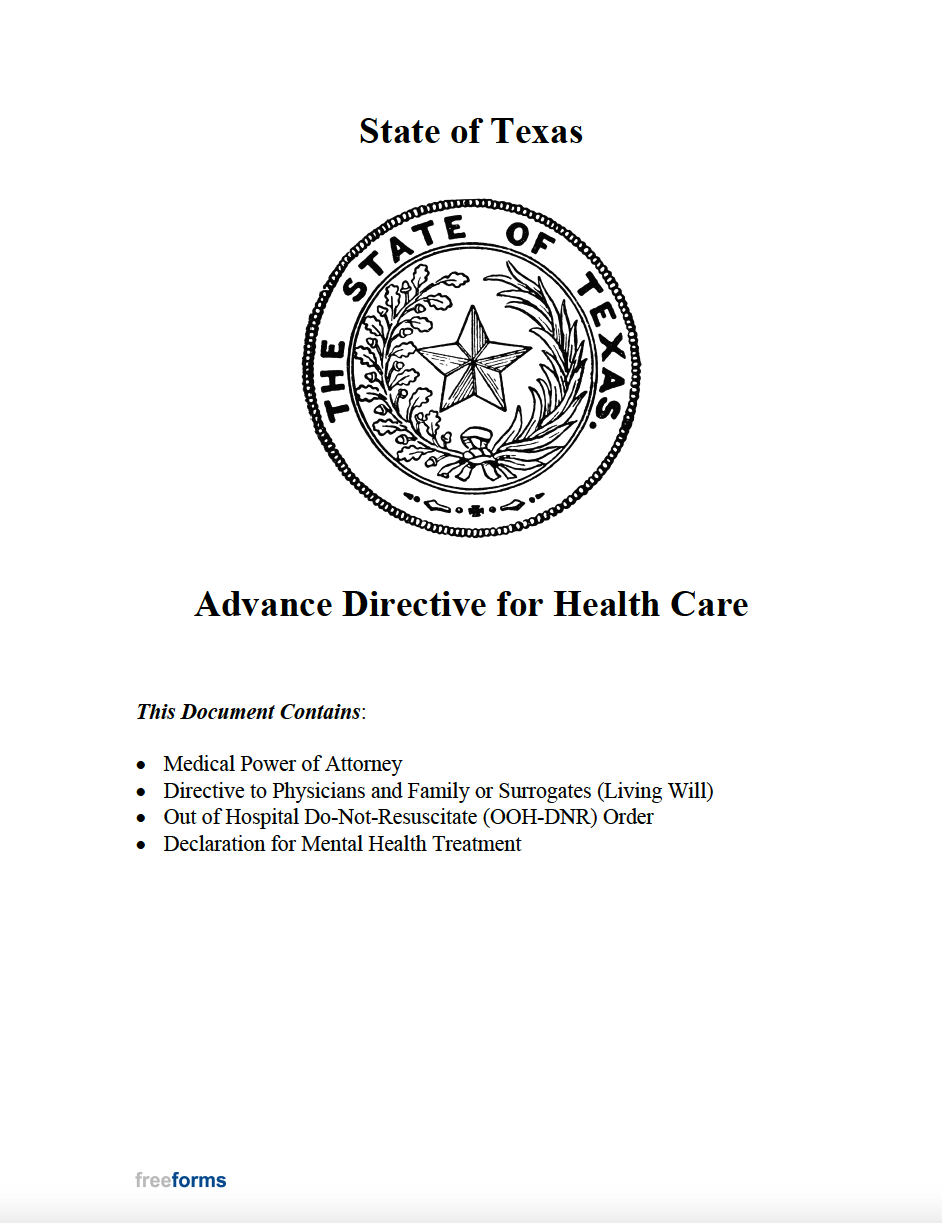
Jobs with an associate's degree in health science are great for college graduates who want to start a career in the healthcare field. These jobs can be an excellent starting point for those students considering a future bachelor's.
By earning an associate degree, you can save money and time by qualifying for entry-level positions. Many students choose to pursue their associate degrees online, since they can be completed at a pace that works with their lifestyle.
AHS is a degree with interdisciplinary components that can serve as the foundation of a successful career in the healthcare professions. It is a broad degree that includes STEM (sciences, technology, engineering and mathematics) coursework. This can lead graduates to many exciting, rewarding, and high paying career opportunities.
Below is a list of some of health science's most popular associate degree jobs.

Students interested in careers outside of clinical medicine, such medical office administration or healthcare information, can benefit from an associate's degree in healthcare administration. This degree is offered fully online and helps students develop the essential administrative skills they need to be successful in their chosen healthcare careers.
Curriculum of the program can be customized to meet specific career goals. Topics covered include human diseases, professional communication, public health, medical terminology and more. The program also teaches students about federal healthcare laws and regulations, electronic health records, professionalism, and healthcare professionalism.
This two-year degree program is designed to help students prepare for entry-level jobs in the healthcare sector. Students may receive hands-on experience through clinical training, externships, and internships. This may be in a nursing home, hospital, clinic or another medical setting, depending on the specialization.
Bureau of Labor Statistics reports that many of these jobs offer good salaries and are not subject to outsourcing. Job growth for these healthcare roles is expected to be double the average growth rate across all occupations over the next decade.
Handbook on Occupational Outlook for Health Care Managers Administrators and Executives
The employment opportunities for healthcare managers will grow by 16 percent between 2020 and 2030. This is faster than average for all occupations during the same time period. They are also able to lead large teams and make strategic decisions.

BLS predicts also that those who work in healthcare with an associate's degree will be more satisfied with their jobs than those with bachelor degrees.
By completing a two year program that provides the foundation for a wide range of entry level jobs in the field of health care, a healthcare assistant can obtain an associates degree. These programs typically include a mix of general courses and specialized classes in specific areas like nursing.
It is possible to earn an associate's degree in the health sciences if you are busy with family or work. Some colleges offer accelerated programs. This means that you can finish the program in less than two year. You should be aware of the admissions requirements, such as a college app and SAT/ACT scores.
FAQ
What does "health promotion” mean?
Health promotion means helping people to stay well and live longer. It is more about preventing illness than treating it.
It includes activities like:
-
Healthy eating
-
Sleeping enough
-
exercising regularly
-
Staying fit and active
-
Do not smoke
-
managing stress
-
Keeping up to date with vaccinations
-
Alcohol abuse prevention
-
Regular screenings and checkups
-
Understanding how to cope with chronic diseases.
What are the major functions of a system for health care?
The health care system must offer quality services and adequate medical facilities at an affordable cost to people who have a medical need.
This includes providing preventive health care, promoting healthy lifestyles, and appropriate treatment. It also means equitable distribution of resources in the health care system.
How do I become a creative health professional?
There are many routes to becoming a creative professional in health care. Many people begin their career as students. Others start out in business or engineering.
Some opt to study a course that focuses on a specific topic, such management, leadership or health policy. Others decide to take an elective course that explores different perspectives on health and health care.
Whatever your pathway, you'll learn about topics related to health and health care through lectures, readings, group discussions, assignments, and projects. You might also be able to attend workshops, conferences and seminars.
After completing the program, you will have the knowledge to help clients, colleagues, patients, and other members of the health care system.
You may even pursue a doctorate.
Statistics
- Foreign investment in hospitals—up to 70% ownership- has been encouraged as an incentive for privatization. (en.wikipedia.org)
- Consuming over 10 percent of [3] (en.wikipedia.org)
- Price Increases, Aging Push Sector To 20 Percent Of Economy". (en.wikipedia.org)
- Over the first twenty-five years of this transformation, government contributions to healthcare expenditures have dropped from 36% to 15%, with the burden of managing this decrease falling largely on patients. (en.wikipedia.org)
- For the most part, that's true—over 80 percent of patients are over the age of 65. (rasmussen.edu)
External Links
How To
What is the Healthcare Industry Value Chain (or Value Chain)?
The healthcare industry value chains include all the activities involved with providing healthcare services. This includes the operations of hospitals and clinics as a whole, and the supply chain that connects them to other providers. The final result is a continuum in care that begins with diagnosis, and ends with discharge.
The value chain is made up of four major components:
-
Business Processes: These are all the tasks performed by people throughout the entire delivery of healthcare. One example is that a doctor might do an examination and prescribe medication. The prescription will then be sent to a pharmacy for dispensing. Each step must be done correctly and efficiently.
-
Supply Chains – All organizations that ensure the right supplies reach the correct people at the right times. A typical hospital has dozens of suppliers, including pharmacies, lab testing facilities, imaging centers, and even janitorial staff.
-
Networked Organizations: To coordinate these entities, it is necessary to have some means of communication between them. Hospitals have many departments. Each has its own number of phones and offices. Employees will be able to access a central point for information and updates in every department.
-
Information Technology Systems – IT is crucial in order to ensure that business processes run smoothly. Without IT, things could quickly go sour. IT also allows you to integrate new technologies in the system. Doctors, for example, can connect to a secure internet connection to access electronic medical records.